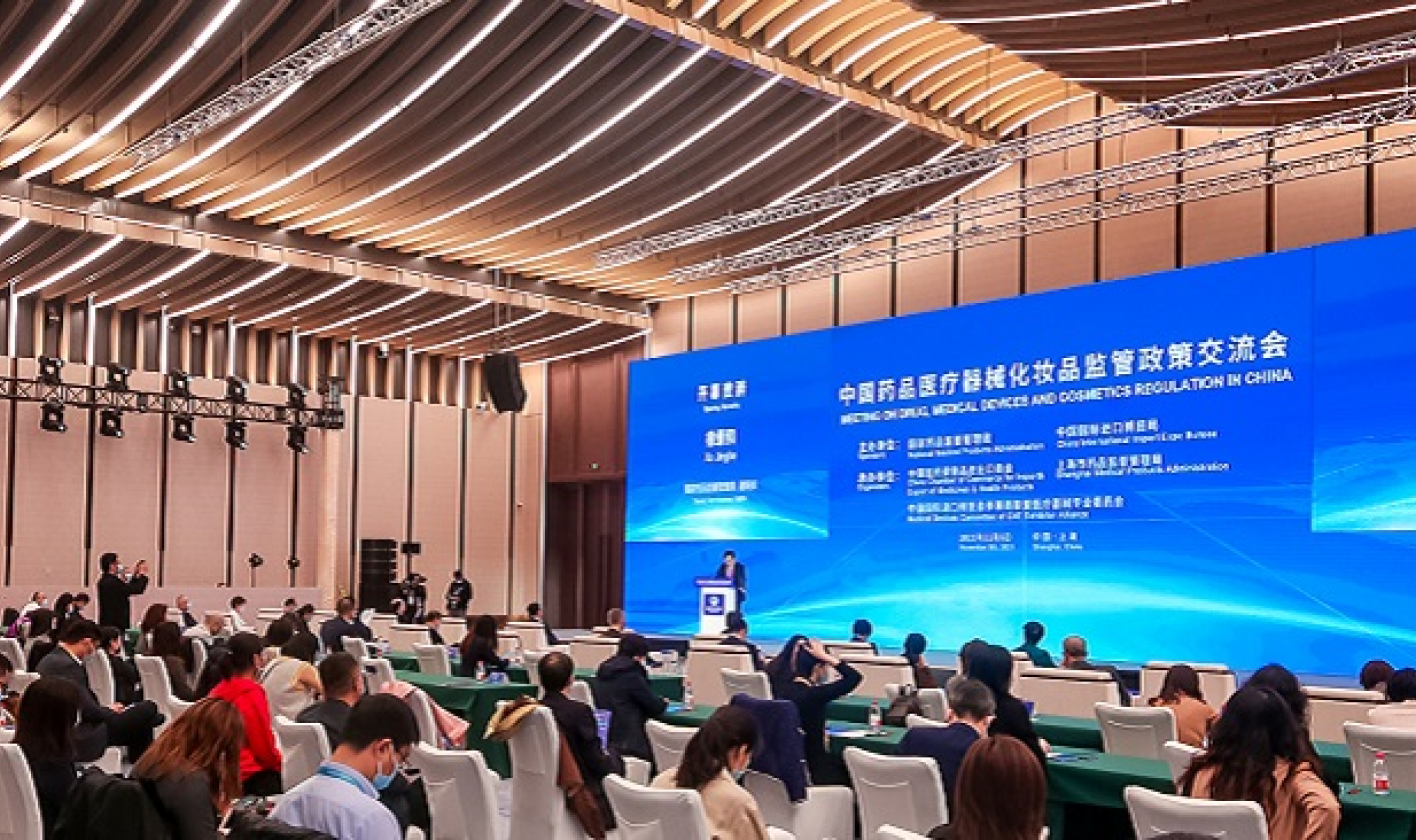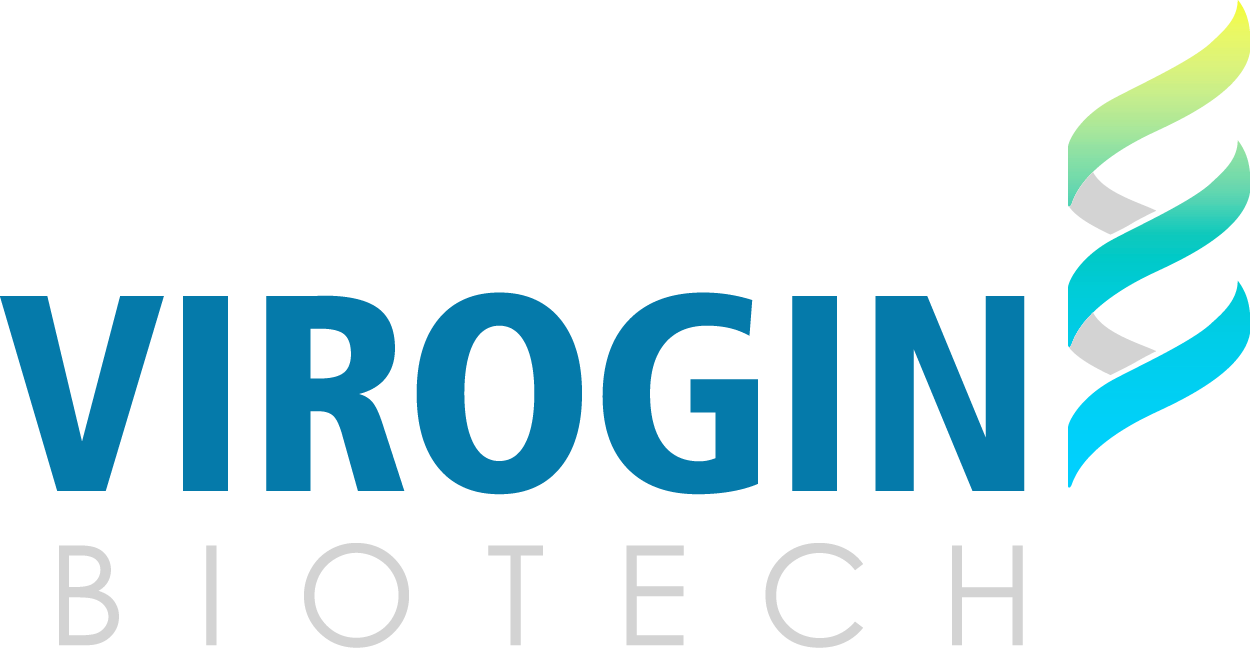Vancouver, Canada – Virogin Biotech, a clinical-stage biotech company, is pleased to announce that, on April 19, 2022, the National Medical Products Administration (NMPA), the Chinese agency for regulating drugs and medical devices, granted IND approvals for the company’s investigational drug candidates VG201 and VG161, allowing the initiation of a Phase I clinical trial of VG201 named VG201-C101 and a Phase I/II clinical trial of a combination study with VG161 and PD-1 inhibitor Nivolumab (Opdivo®) named VG161-C202 in China. The combination study for VG161 and Nivolumab (Opdivo®) will be led by the company’s joint venture with the China National Biotec Group (CNBG), CNBG-Virogin. Earlier this year, the company has received IND Approvals from US FDA to initiate a Phase I clinical trial of VG201 and a Phase II clinical trial of VG161 in the US; both studies are expected to enroll patients in 2022.
VG161, Virogin’s pioneer oncolytic virus built on the company’s proprietary SynerlyticTM Platform, is an attenuated herpes simplex virus type 1 (HSV-1) oncolytic virus armed with multiple payloads of IL12 & IL15/IL15Ra and a unique PD-L1 blocking peptide. These payloads can synergistically stimulate the innate and adaptive anti-tumor immunity in the tumor microenvironment. VG161 has been confirmed to be safe and effective in many tumor xenograft mouse models and GLP toxicity studies preclinically. Clinical trials with VG161 as monotherapy in Australia and China have shown encouraging safety and preliminary efficacy results. The VG161-C202 trial is an open label, Phase Ib/IIa clinical trial that will evaluate the safety and efficacy of VG161 combined with Nivolumab (Opdivo®) in patients with advanced metastatic gastric or gastroesophageal junction adenocarcinoma previously treated with two or more systemic treatment regimens. The study is planned to enroll up to 34 patients in China.
VG201 is the first product candidate built with Virogin’s Translational and Transcriptional Dual Regulated (TTDR) HSV-1 backbone and is uniquely engineered to enhance tumor-specific replication and payload expression without compromising safety. VG201 also encodes IL12 & IL15/IL15Ra as cytokine payloads to further enhance both innate and adaptive anti-tumor activity. The VG201-C101 trial is a phase I, single arm, open label study to evaluate the safety, tolerability, pharmacokinetics, and biologic effects of VG201 in patients with advanced solid tumors that have progressed after standard of care treatments. The study is planned to enroll up to 15 patients in China.
“These approvals are significant milestones for the company and its clinical advancement in China.” said Dr. Ronghua Zhao, Virogin’s Chief Medical Officer, in response to these approvals, “VG201 and VG161 are core assets of Virogin’s product pipeline. The Approval of VG201 marks the first clinical study of an unattenuated oncolytic virus in China. VG161’s combination study approval demonstrates the company’s clinical strategies to combat malignant tumors with highly unmet medical needs, by exploring different treatment approaches in various indications, whether as monotherapy or in combination with other therapeutics. I sincerely appreciate the investigators, patients and their families for placing their trust in our company and our teams. Together, we will continue to work diligently to advance these clinical studies.”
About Virogin Biotech
Virogin Biotech is a clinical stage biotech company developing next-generation immuno-oncolytic therapeutics to enhance the systemic antitumor immunity. With over 150 employees between Vancouver, BC, Canada and Shanghai, China, and led by a team with over 25 years of experience in fundamental research, translational and clinical development of immunotherapy & oncolytic virotherapy, Virogin is determined to be a global, best-in-class immuno-oncology company that creates impactful therapeutics for patients of the highest medical need.
Virogin is developing two differentiated platforms that are highly complementary; an oncolytic HSV-1 platform armed with multiple therapeutic payloads and genomic regulation to increase oncolytic effect and modulate the tumor microenvironment, and a discovery stage mRNA tumor vaccine platform with tumor vaccines to be used in combination with oncolytic virus to augment the anti-tumor activity.


